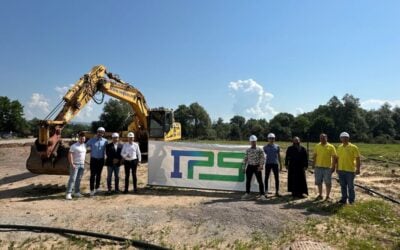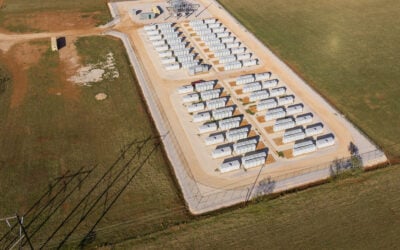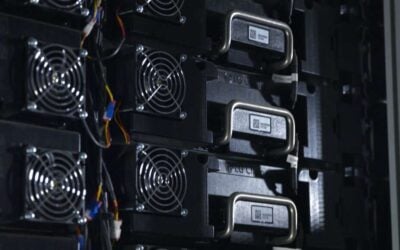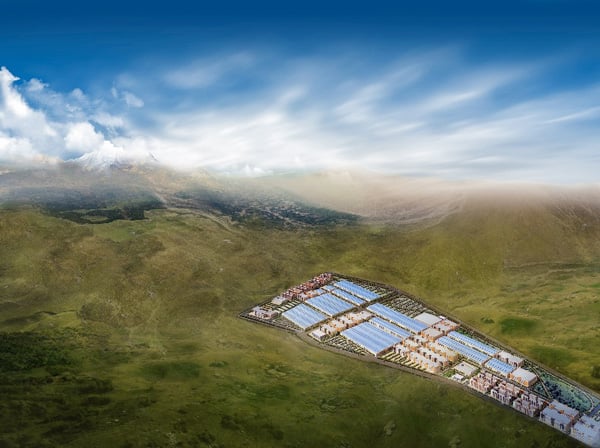
BYD has just opened a gigawatt-scale lithium battery factory in Qinghai Province, a few days after a senior company representative told Energy-Storage.news that, like electric vehicles (EVs), it is only a matter of time before lithium batteries for stationary storage reach mainstream acceptance.
The Chinese battery, energy storage system and electric vehicle manufacturer, which describes itself as a “new energy company” in press materials, is aiming to reach 60GWh annual production of batteries by 2020. The newest factory, in the Western Chinese province, is a 24GWh facility, expected to be completed during 2019. It is the company’s third factory in China. It was not clear from BYD releases how much of the new factory’s capacity if any will be utilised for stationary energy storage, however Energy-Storage.news has requested this information.
Enjoy 12 months of exclusive analysis
- Regular insight and analysis of the industry’s biggest developments
- In-depth interviews with the industry’s leading figures
- Annual digital subscription to the PV Tech Power journal
- Discounts on Solar Media’s portfolio of events, in-person and virtual
At Intersolar Europe / ees Europe in Munich, Germany a couple of weeks ago, BYD senior sales director Julia Chen explained that the company uses different battery chemistries for EVs than it does for stationary storage systems. Lithium iron phosphate (LFp, LiFePo4) are used in stationary storage for grid, renewables and other applications, while NMC (nickel manganese cobalt) batteries power the company’s EVs.
“For [stationary] storage we have a preference for LFp in terms of safety behaviour. This ‘safety behaviour’ is also an advantage from a cost point of view,” Chen said.
With LiFePo4 batteries not dependent on cobalt or nickel, the cost of their raw materials is perhaps less open to fluctuation in the short term. Chen referred to cobalt prices tripling last year and the obvious impact that had on battery supply chains dependent on the mineral, which is nearly all supplied from mines in the Democratic Republic of Congo. Cell manufacturers have since increased efforts to reduce cobalt and nickel content in their battery components, but this does not affect lithium iron phosphate, Julia Chen pointed out.
At the Germany show, BYD, was showcasing products including high voltage batteries compatible with more brands and models of inverters than before, such as SMA’s Sunny Boy solar inverters and three-phase options for installers in different markets. High voltage products in particular can reduce installation times, which sales director Chen said is important in delivering a reduction in soft costs.
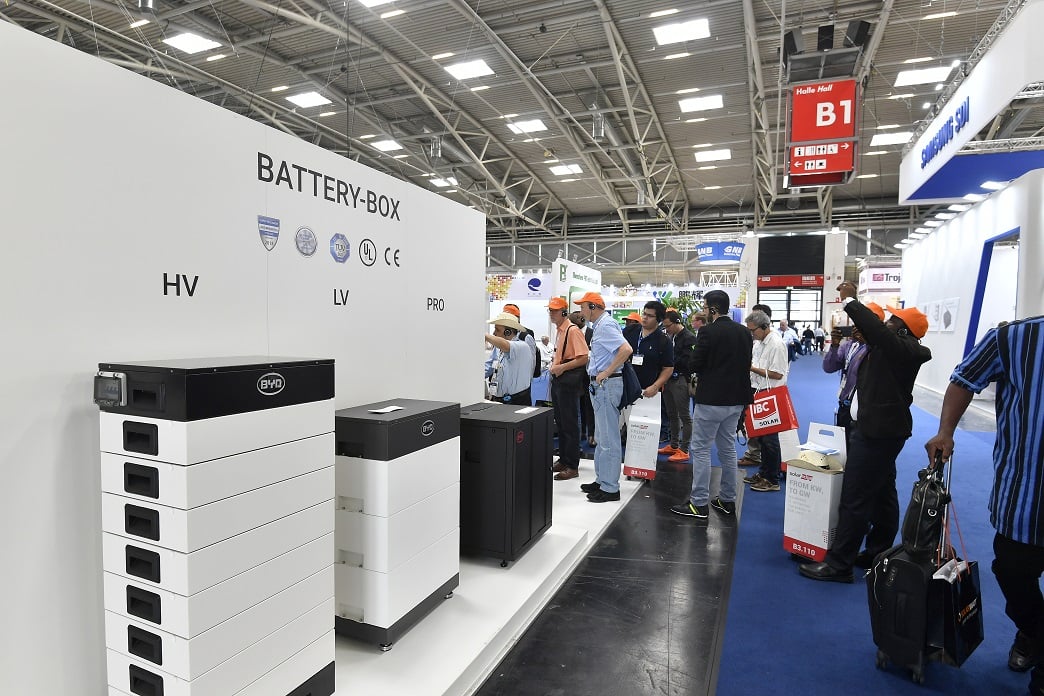
Mirroring the path of EVs from the oustide into the mainstream
In keeping with the theme of Energy-Storage.news’ video round table on stakeholder education, media hype and misunderstandings in the industry, Chen was asked what sort of levels of education remain necessary for the stationary energy storage market to grow.
Chen referred to ‘range anxiety’ and other perception problems which held back electric vehicles in the past. In 2017, Julia Chen said, BYD sold 130,000 electric cars in China alone and “no one is asking these questions anymore (about range anxiety, charging times)”.
“In terms of education we have to let people know firstly that lithium batteries are not that dangerous, the second is that they really can bring a lot of [new] features for the PV on your roof.”
Alvaro Garcia, director of EFT Systems, a service partner for BYD in Europe and other regions, agreed with this point and offered up the example of a recent conversation he had had with an architectural firm.
“There’s a really good business case for adding batteries and to reduce bills and make a sale more attractive. They said ‘when I sell a house, I don’t want to be worried about it [the Li-Ion battery]’. I asked why they should even be worried about it – that’s the perception that needs to change in the market,” Garcia said.
“A lithium battery, installed by a professional, is not something that you need to worry about. You won’t have to keep checking it, it will just reduce your bills without you knowing anything about it.”
Manufacturing race heating up
BYD’s battery ambitions are in keeping with an overall global trend to increase lithium battery manufacturing, to meet both existing and expected demand. From Intersolar Europe Energy-Storage.news also reported European Commission VP for energy Maroš Šefčovič stating that the EU should support and promote domestic battery production. Meanwhile Solarwatt CEO, Detlef Neuhaus, whose company makes energy storage systems in Germany but imports the cells from Asia, said it would be desirable to encourage European battery production, but said in his view leading Asian manufacturers simply had too much of a head-start already.
In spite of Maroš Šefčovič’s frank views on international trade as a competitive endeavour, news agency Reuters reported that another Chinese company, CATL is planning a large battery factory in Thuringia, Germany. According to the Reuters article, the main purpose of the factory would be to supply carmakers such as BMW in the region with batteries for EVs.
Energy-Storage.news has reported on various other ‘gigafactory’ projects at various stages of development. A day or two before BYD’s 24GWh facility was announced, Wärtsilä and Korean motor company Hyundai revealed a partnership to use second-life EV batteries in the stationary storage market, joining the likes of Nissan, BMW and Mercedes-Benz, all of whom are exploring this avenue. Wärtsilä said in a press release that by 2025 it expects there will be 29GWh of second-life EV batteries available worldwide.



